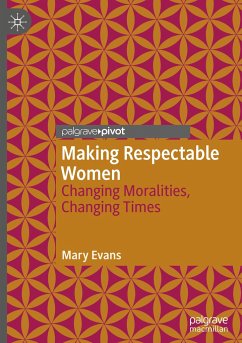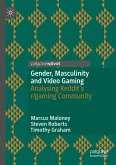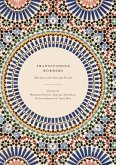This book studies the ways in which the assessment of being or not being 'respectable' has been applied to women in the UK in the past one hundred and fifty years. Mary Evans shows how the term 'respectable' has changed and how, most importantly, the basis of the ways in which the respectability of women has been judged has shifted from a location in women's personal, domestic and sexual behaviour to that of how women engage in contemporary forms of citizenship, not the least of which is paid work. This shift has important social and political implications that have seldom been explored: amongst these are the growing marginalisation of the validation of the traditional care work of women, the assumption that paid work is implicitly and inevitably empowering and the complex ways in which respectability and conformity to highly sexualised conventions about female appearance have been normalised.
Making Respectable Women makes use of archive material to show how the changing definition of a moral and social concept can have an impact on both the behaviour and the choices of individuals and the operations of institutional power. It will be of interest to students and scholars across the humanities and social sciences.
Making Respectable Women makes use of archive material to show how the changing definition of a moral and social concept can have an impact on both the behaviour and the choices of individuals and the operations of institutional power. It will be of interest to students and scholars across the humanities and social sciences.









